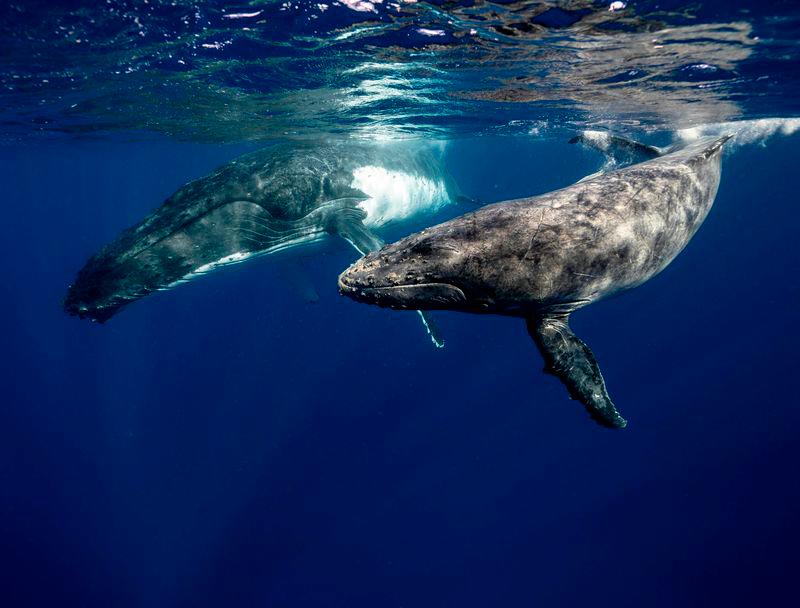PUTRAJAYA: The Department of Fisheries (DOF) is calling on the public to play an active role in safeguarding whale and marine mammal populations by following regulations, minimising plastic pollution, and supporting conservation initiatives led by the government, NGOs, universities, and local communities.
The DOF issued a statement in conjunction with World Whale Day, highlighting that several whale species such as the Bryde’s Whale, Humpback Whale, and Sei Whale have been recorded in Malaysian waters.
The Bryde’s Whale is frequently found feeding around Pulau Payar, Langkawi, especially during the anchovy season.
The Humpback Whale has been recorded off Pulau Redang in Terengganu, Pulau Pangkor in Perak, and Miri, Sarawak, while a Sei Whale was stranded on Pulau Carey, Selangor.
“While Malaysia’s waters are not the primary habitat for whales, their presence can be attributed to factors such as migration routes, breeding, and skin health care.
“The presence of whales in Malaysian waters is not uncommon. These mammals play a crucial role in maintaining marine biodiversity and serve as indicators of the health of our ocean ecosystems,“ the statement read.
The statement emphasised that while their presence signals a healthy marine ecosystem, threats like entrapment in shallow waters and human disturbances, such as ship movements and noise pollution, can disrupt the species’ natural behaviour.
“In terms of human safety, the large size of whales poses a risk if approached too closely. Their defensive reactions can also potentially damage small boats or vessels,“ the statement noted.
The DOF also highlighted that one of the issues often associated with whales is ambergris, commonly known as whale vomit, which is a valuable substance produced only by sperm whales.
The high demand for this substance has led to the threat of illegal hunting.
“In Malaysia, whale protection is governed under Section 27 of the Fisheries Act 1985, which prohibits any interference, capture, possession, or sale of whales without written consent from the Director-General of Fisheries Malaysia.
“Additionally, the International Trade in Endangered Species Act 2008 (Act 686) requires a CITES (Convention on International Trade in Endangered Species of Wild Fauna and Flora) permit for the trade of whale parts or products,” the statement elaborated.
The statement also advised the public to exercise caution if encountering whales.
It recommended safety measures such as maintaining a safe distance of at least 100 metres, refraining from approaching, touching, or feeding them, reducing boat or ship speed when within 800 metres of a whale, and reporting any sightings to the DOF via the 24-hour Fishcom hotline at 03-8888 5019.









